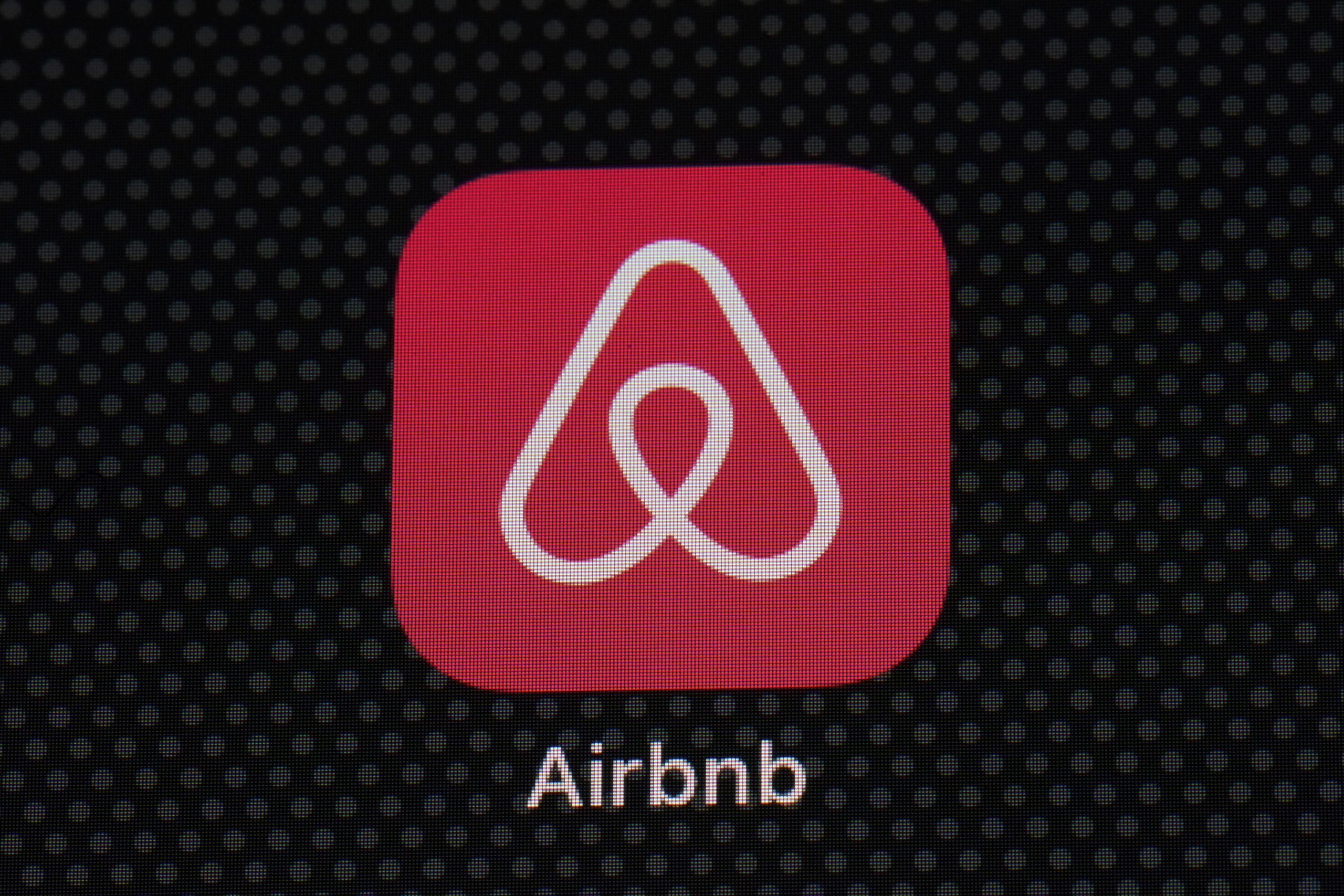The City of Houston is thinking about enforcing rules on the market for short-term rentals, which includes homes that are listed on VRBO and Airbnb.
The Quality of Life Committee, chaired by City Council Member Julian Ramirez, heard the ordinance on Monday afternoon. According to him, the suggested short-term rental (STR) rules provide a middle ground.
“Those who were hoping that the City Council will outlaw STRs will be let down. It’s just illegal. This has been tried and failed in several cities,” Ramirez stated. “We will also disappoint those who wish for us to ignore STRs. Even though negative actors only make up a small percentage of STR owners, we just cannot overlook the issues they cause.”
According to the regulation, all short-term rentals must be registered with the city. A $250 to $275 annual registration charge, proof of insurance, a 24-hour emergency contact, and evidence of paid hotel occupancy taxes are required of proprietors.
Owners would be required by the new regulations to display information in rental units that includes parking locations, garbage pick-up days, emergency information, occupancy limitations, and acceptable sound levels.
Fees for infractions would range from $100 to $500, and each day that a violation occurred would be considered a single infraction. The city may ask that rental units from websites like Airbnb and VRBO be taken down from premises that don’t comply.
Additionally, the rule permits registration to be revoked in the event that a property violates the city’s sound code two or more times. Property owners may be held liable if short-term tenants engage in criminal activities such as kidnapping, human trafficking, prostitution, aggravated assault, child abuse, sexual assault, or disorderly conduct. They may also lose the right to rent their space.
East End resident Samantha Evans claimed that despite her complaints about fights and gunfire, several short-term rentals were still posted on hosting websites.
“These rentals are destroying the peace and safety of my community,” Evans stated.
Evans’ predicament serves as an illustration of why the city requires extensive control of short-term rentals, according to Council Member Sallie Alcorn.
“We re in this predicament and we can t selectively apply the law,” Alcorn stated.
The regulatory affairs department received 204 online comments during the public comment period on the proposed ordinance. 42% opposed regulations, compared to 58% who supported them.
Supporting remarks advocating for more police presence at short-term rentals were highlighted by the department, including the statement that “alcohol, sex, and loud parties should not be allowed at all hours.” “This is too many rules and this is trying to create criminals out of homeowners for doing the right thing,” one commenter stated, while another claimed that the laws will “infringe on property rights and limit homeowners ability to use their property as they see fit.”
The $1 million insurance coverage requirement was opposed by landlords and Airbnb, who claimed that it was excessive and that landlords shouldn’t be held accountable for the conduct of their tenants.
Property owner Lindsay Carr made the case on Tuesday that short-term rentals assist the neighborhood by, for example, housing linemen while the area recovers from a storm.
“It s imperative that we do find space to allow ease of access, interpretation and realistic standards such as the insurance coverage amounts when considering restricting Houston s ability to craft creative solutions to give back,” Carr stated.
The travel agency Expedia generally backed the new guidelines, while Airbnb had concerns about several of them in its online feedback and through a committee spokeswoman.
Ashley Hodgini, Expedia Head of U.S. Public Policy, informed the committee on Tuesday that “Expedia Group believes that this draft ordinance is a good starting point by and large.” “Most of the provisions in the draft are in line with what we see in cities across the country that enjoy a greater ease of compliance than some of the others.”
Over 8,500 short-term rentals were found throughout Houston as of November, according to the Houston Administration and Regulatory Affairs Department. Although most of the calls were categorized as low-priority, the department discovered that most of those homes had greater rates of 911 and 311 calls than the rest of the city. The study discovered that short-term rental homes still received less than one call annually on average, despite the increased amount of 911 and 311 calls.
Council Member Abbie Kamin stated that some residents have been “dealing with bad actor short-term rentals for quite some time and need relief,” citing the rise in calls and the burden on law enforcement.
“I also want to recognize we have an overwhelming majority of good short-term rental providers, and there’s an important balance there to make sure that we’re not being unduly burdensome while also making sure that everybody is safe,” Kamin stated.
When it comes to regulating short-term rentals, Houston is lagging behind other communities in the state and the nation.
Following the implementation of what Airbnb referred to as a “de facto ban” last year, short-term rentals in New York City saw a sharp drop. Austin attempted to implement a similar legislation from 2016 but was unsuccessful in court last year. While Dallas’ stricter ban on short-term rental properties in single-family zones is still being challenged in court, San Antonio placed a cap on the number of short-term rental properties in 2018. In part to prevent similar lawsuits, Houston’s proposed rule is less strict.
Following ratification by the Houston City Council, which is anticipated to vote on the law in January or February, the regulations would take effect 180 days later. Online public comments are still being accepted by the regulatory affairs department.
Note: Every piece of content is rigorously reviewed by our team of experienced writers and editors to ensure its accuracy. Our writers use credible sources and adhere to strict fact-checking protocols to verify all claims and data before publication. If an error is identified, we promptly correct it and strive for transparency in all updates, feel free to reach out to us via email. We appreciate your trust and support!




